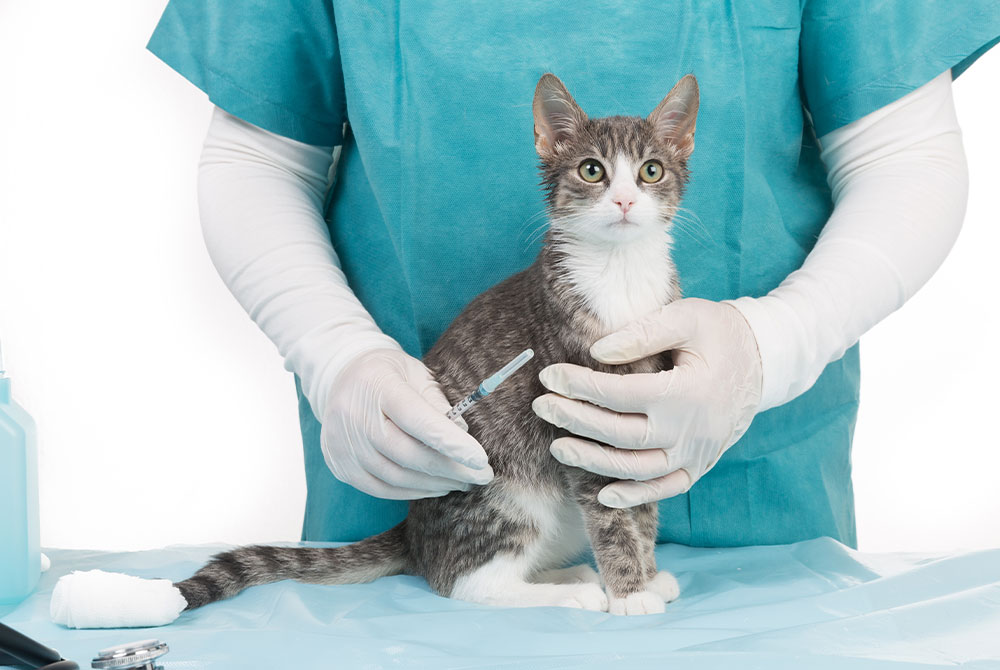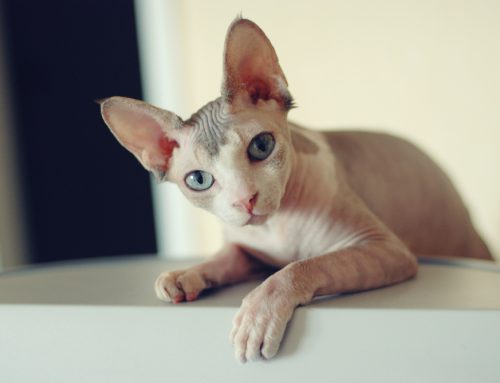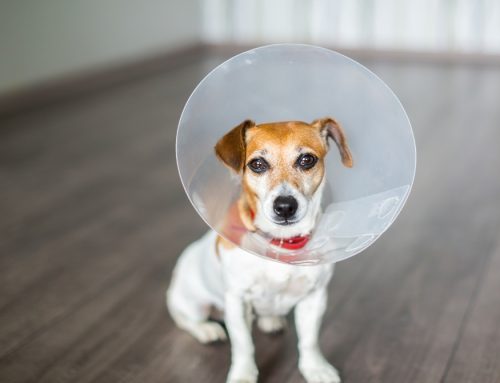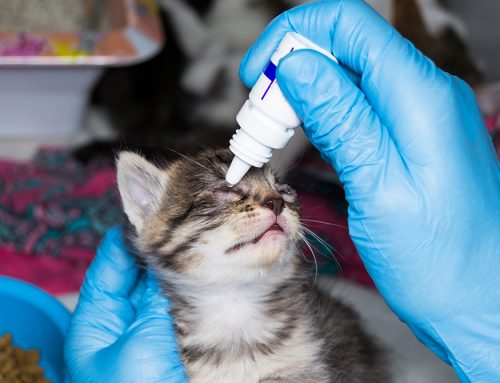What is Feline Infectious Peritonitis (FIP)?
Feline Infectious Peritonitis (FIP) is a serious and often fatal disease caused by a mutation of the feline coronavirus. This virus affects cats’ immune systems, leading to inflammation in various organs. FIP is characterized by a wide range of symptoms and can present as either a dry (non-effusive) or wet (effusive) form.
Types of FIP
- Effusive (Wet) FIP: This form is marked by the accumulation of fluid in body cavities, such as the abdomen or chest. Symptoms include abdominal distension, difficulty breathing, and lethargy.
- Dry (Non-Effusive) FIP: In this form, there is no fluid buildup, but granulomatous lesions form in organs such as the liver, kidneys, and eyes. Symptoms may include weight loss, fever, behavioral changes, and neurological signs.
Causes and Transmission
FIP is caused by a mutation of the feline coronavirus (FCoV). The disease is not directly transmissible between cats; however, the coronavirus can spread through feces, saliva, and other bodily fluids of infected cats. Stress, overcrowding, and a weakened immune system can increase susceptibility.
Symptoms
- Effusive FIP: Fluid accumulation in the abdomen or chest, lethargy, loss of appetite, weight loss, difficulty breathing.
- Dry FIP: Persistent fever, weight loss, changes in appetite, neurological signs (e.g., seizures), eye abnormalities, jaundice.
Diagnosis
Diagnosing FIP can be challenging as symptoms may overlap with other diseases. Veterinarians may use a combination of clinical signs, laboratory tests (e.g., blood tests, fluid analysis), and imaging techniques (e.g., ultrasound, X-rays) to confirm the diagnosis.
Treatment
There is no cure for FIP, and treatment focuses on managing symptoms and improving quality of life. Options may include:
- Anti-viral medications: Recent advancements have introduced antiviral drugs that may help manage the disease.
- Supportive care: This includes providing fluids, pain management, and nutritional support.
- Anti-inflammatory drugs: To reduce inflammation and manage symptoms.
Prevention
Preventing FIP involves reducing stress and maintaining good hygiene practices in multi-cat environments. There is currently no vaccine available that prevents FIP, but vaccination against feline coronavirus may help reduce the risk.
When to Seek Veterinary Care
If your cat is displaying any signs of illness or you have concerns about FIP, seek veterinary care promptly. At Mission Veterinary Clinic, we are equipped to handle urgent care and provide the necessary evaluation and support for your pet.
Contact Us
For more information or to seek urgent care for your pet, please visit us at:
Mission Veterinary Clinic
16915 San Fernando Mission Blvd
Granada Hills, CA 91344
Phone: 818-363-8143
Hours: We are open from 9 AM to 11 PM, 7 days a week. We operate on a walk-in basis and do not accept appointments.
For more resources and information, visit our website at missionvet.com.










Leave A Comment